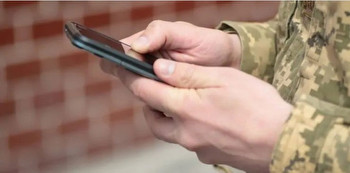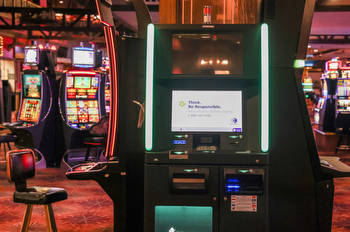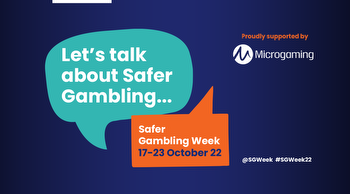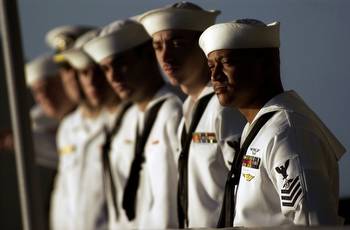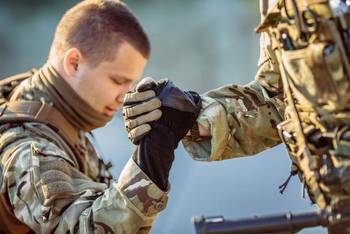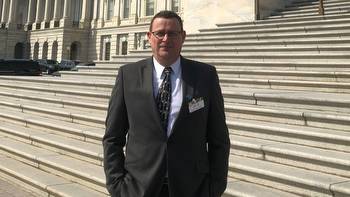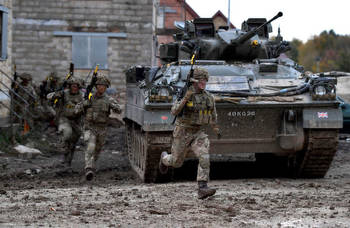New study shows alarming link between military and gambling addiction

At the International Center for Responsible Gambling (ICRG) Conference on Gambling and Addiction in Las Vegas – held on October 10th – Shane W. Kraus, PhD, UNLV Department of Psychology, and Joshua Grubbs, PhD, Bowling Green State University, revealed a potentially huge and alarming discrepancy between gambling addiction and the military community compared to the civilian community.
With the paucity of research in this field, Dr. Kraus was funded by behavioral health specialist Kindbridge Research Institute (KRI) to analyze data from a large sample of military personnel, representing one of the first longitudinal studies of gambling in this group.
The study of 3,050 US civilians, veterans and active-duty military personnel showed that the rate of gambling problems among active-duty military personnel (68.6%) was 3.5 times higher than among civilians (18.7%). While the sample of 102 active service members who completed the survey was relatively small, 70 of them tested positive for gambling addiction.
After his presentation, Dr. Kraus said: “Our findings suggest that more comprehensive research is needed to fully understand how pervasive the problem of addiction is among active military personnel. Current trends in the data suggest that there may be many members with unmet treatment needs for gambling addiction”.
KRI is leading the effort to increase awareness, research, and treatment for American veterans suffering from this condition through its Military Research Associate Program (MRAP), which assists veterans in transitioning from military service to advanced training in treatment and research for mental health.
This research was supported by grants to KRI from DraftKings and Playtech. The data was collected as part of the funding provided to Drs. Joshua Grubbs and Shane Kraus for their work on ICRG sports betting.
Commenting on the findings of Dr. Kraus, Nathan D.L. Smith, PhD and Executive Director of the Kindbridge Research Institute, said, “This is truly a ‘canary in a coal mine’ moment. Due to the sampling method and small sample size, the game problem rate in this sample cannot be generalized to the wider active military community”.
“However, the significant rate of gambling problems in active-duty military personnel is a major red flag and larger, more representative studies of active-duty military personnel are now vital in determining what the true rate of gambling disorder is in this population,” he added. Smith.
The US Department of Defense (DoD) operates more than 3,000 slot machines at overseas bases that produce more than $100 million in revenue each year. A recent review of responsible gambling policies promoted by the states and KRI removed the DoD from the 36 jurisdictions that allow slot machines.
The Doctor. Smith commented on the case: “Our review concluded that the DoD requires only one of the ten responsible gaming policies recommended by the American Gaming Association, while the average number of responsible gaming policies required in the other 35 states was just over seven.”
Another major problem faced by military personnel suffering from in-game clutter is apparently a dismay to seek help.
“Military on active service seek help at significantly lower rates than the civilian population. The reasons for this are likely complex, but an important factor may be that servicemen on active duty could face career consequences, including discharge, if they report a gambling problem to military medical personnel”, concluded Dr. Smith.








